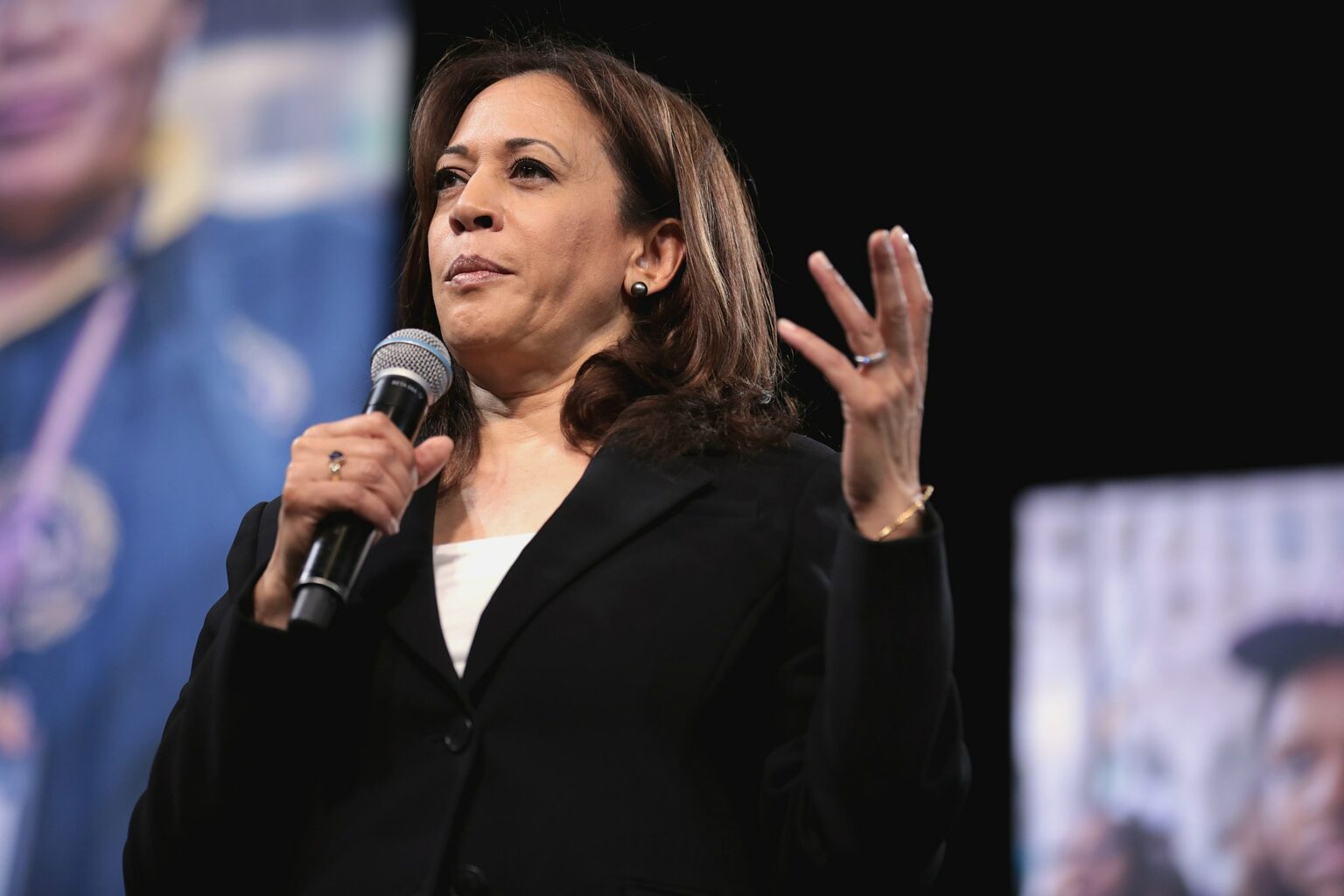Supreme Court Hands Texas Major Victory
In a notable decision on Tuesday, the Supreme Court greenlit the implementation of a Texas law aimed at empowering state law enforcement to apprehend individuals suspected of unlawfully crossing the border from Mexico into the United States. This contentious statute, SB4, received vigorous dissension from the court’s liberal justices, although the order is not a conclusive ruling and may undergo further judicial review.
The Biden administration vehemently advocated for the law’s obstruction, contending that it represents an unprecedented overreach into federal immigration enforcement. U.S. Solicitor General Elizabeth Prelograr underscored the inherent conflict between SB4 and federal law, emphasizing its preemptive nature across all applications.
Signed into law by Texas Governor Greg Abbott, SB4 extends the authority to categorize illegal immigration as a state offense, granting state and local law enforcement the ability to detain undocumented migrants, potentially leading to deportation or incarceration.
The dissenting liberal justices, including Sonia Sotomayor and Ketanji Brown Jackson, criticized the majority’s decision, foreseeing heightened disorder in immigration enforcement as a consequence. Justice Elena Kagan voiced a separate dissenting opinion.
Texas, in defense of the law, asserted its constitutional prerogative to safeguard its borders, highlighting perceived shortcomings in the Biden administration’s border management efforts. The state argued that the cases concerning SB4 should be adjudicated within state courts, contending that federal court intervention was premature.
The White House condemned the Supreme Court’s decision, labeling the Texas law as detrimental and unconstitutional. Press Secretary Karine Jean-Pierre urged Republican lawmakers to support bipartisan border security legislation, citing concerns over the safety of Texas communities and the potential strain on law enforcement resources.
Following the Justice Department’s lawsuit, a federal district judge initially halted SB4’s enforcement. However, the 5th U.S. Circuit Court of Appeals subsequently issued an administrative stay, temporarily reinstating the law. Both the Justice Department and the County of El Paso, Texas, along with immigrant rights groups, sought emergency relief from the Supreme Court to suspend SB4’s implementation.
While Justices Amy Coney Barrett and Brett Kavanaugh upheld the administrative stay, they cautioned against premature intervention, suggesting that the court might need to reassess its decision in the future. Meanwhile, Justice Samuel Alito, handling emergency applications from the 5th Circuit, had previously prevented SB4 from taking effect until the full court’s deliberation on Tuesday.
The legal battle over SB4 now reverts to a three-judge panel on the 5th Circuit, which has expedited its review, scheduling oral arguments for early April. Texas’s aggressive stance on immigration, epitomized by SB4 and other measures under Abbott’s Operation Lone Star, underscores the ongoing jurisdictional clash between state and federal authorities.
Last year, Texas installed buoys along the Rio Grande, a move contested by the Justice Department, resulting in a court order for their removal. Similarly, clashes ensued over the deployment of concertina wire, with the Supreme Court initially siding with the federal government, permitting its removal amid ongoing litigation.
